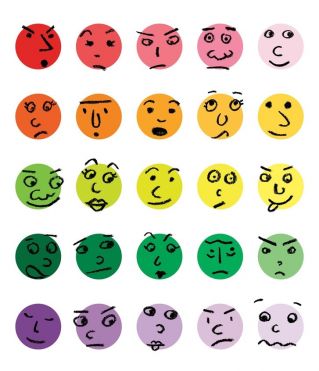Personalities In The Workplace
Throughout the course of your working life, you’ll get to work with a variety of people. While working in the same space, you’ll have to overcome obstacles together and endure the chaos of everyday life. This can either go smoothly…or not. Personalities can clash in the workplace (and likely will), and you’ll find that not everyone responds to conflict in the same way. It’s important to understand that not everyone thinks the same, feels the same, or reacts to situations the same. You may not like it, but you have to find a way to deal with it.

Take a moment to reflect on who you are as an individual, and reflect on those around you in the workplace. In what ways are you similar to those around you? In what ways are you different? How do these differences and similarities affect your interactions in the workplace? What can you do to improve your day-to-day interactions with people?
To better understand others around you, it will help to first understand what kind of personality you have. You can do this with any one of the many personality tests out there, but we recommend the Briggs Myers’ test that determines which of sixteen personality types you are. This test determines which end of the spectrum you’re on for four different scales: extraversion (E) and introversion (I), sensing (S) and intuition (I), thinking (T) and feeling (F), and judging (J) and perceiving (P). After taking the test, you’ll receive a four letter combination that sums up your personality based on the questions asked.
We encourage you to pass this around and discuss your results with others one-on-one or in a group setting. Being open minded and accepting of the many spectrums of personality in the workplace will minimize conflict and hopefully improve communication and problem-solving.
.png?token=6adcf38ed58846e4f05e97718ba6eb6d)